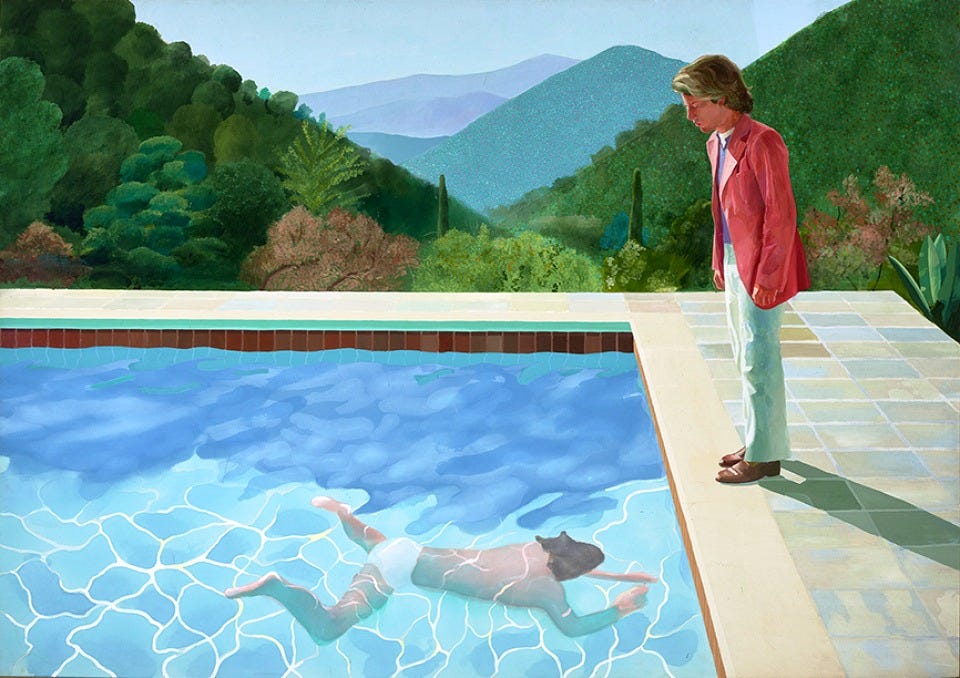Encore Anxiety
Fear of disappointing people you've already impressed is more paralyzing than fear of impressing nobody at all.
There’s a special kind of hell for anyone who has tasted appreciation for their work, especially in public. It’s not the obvious torment of abject failure. That’s too straightforward, too clean. Rather, it’s the exquisite agony of knowing people are waiting for you to be brilliant again, and you’re not entirely sure how you pulled it off the first time. I’ve come to think of this, affectionately, as encore anxiety.
Note: One of the reasons I wanted to write this essay is that the very concept of encore anxiety requires you to acknowledge that you’ve done something interesting or successful or noteworthy already — something that deserves an encore. Polite society tends to push people to avoid this acknowledgement, but we’d all be better off being honest, about our losses and wins, and our goals.



